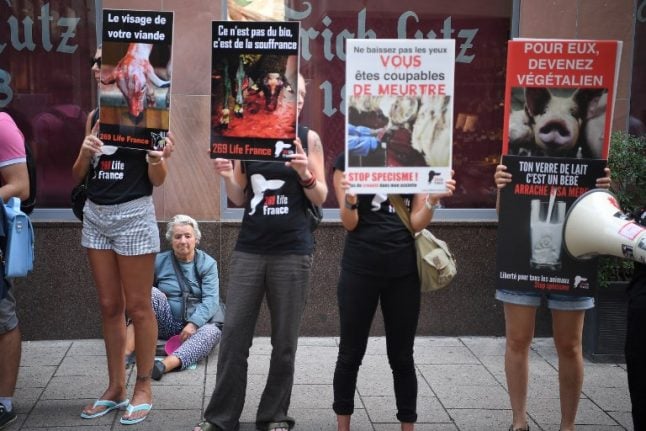 Photo: AFP
Photo: AFP
“They preferred to remain silent while being questioned,” a spokesperson for the office said.

Six people were detained in northern France this week over a string of attacks on butcher and fish shops by vegan activists, officials said Wednesday.

 Photo: AFP
Photo: AFP
“They preferred to remain silent while being questioned,” a spokesperson for the office said.

Member comments